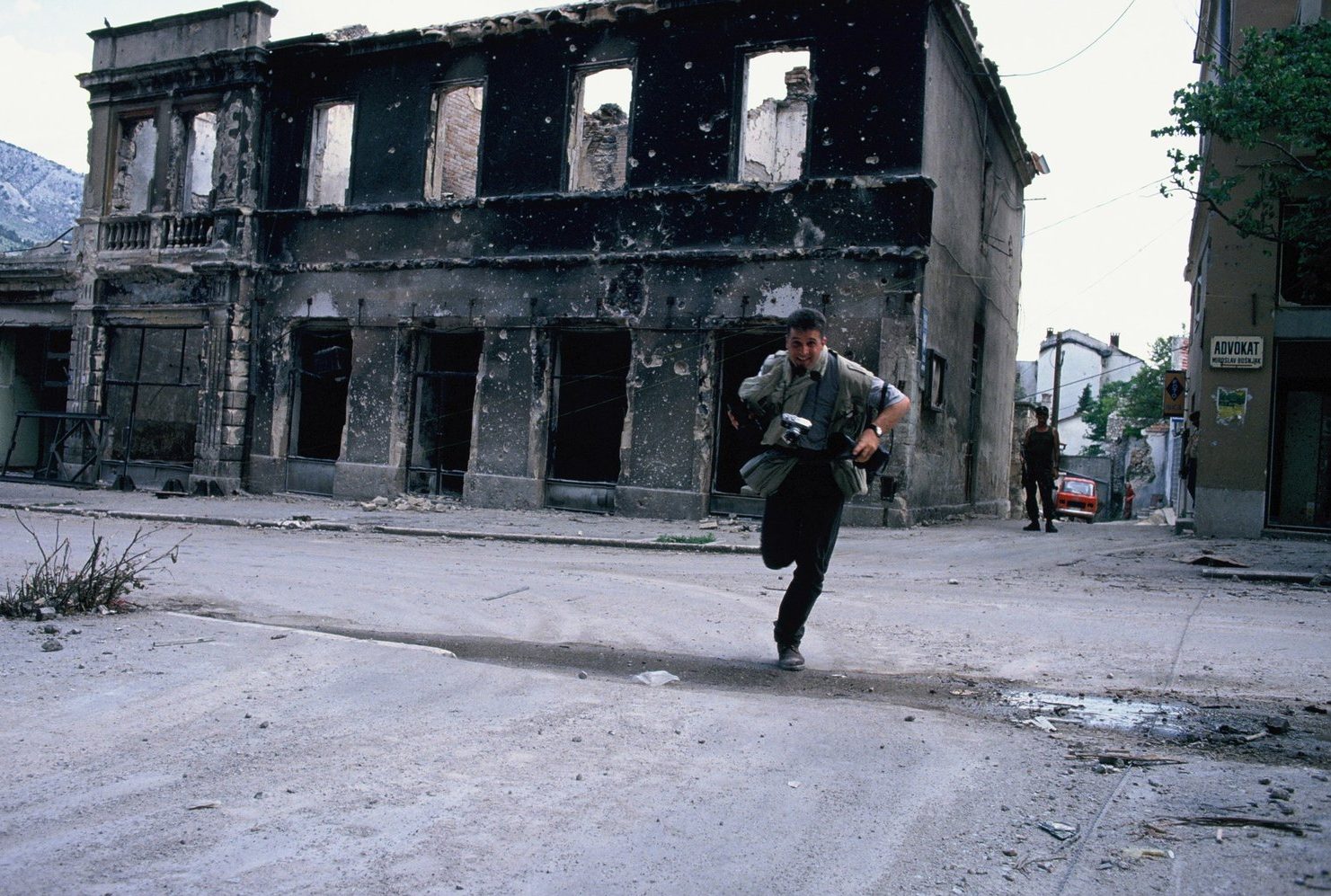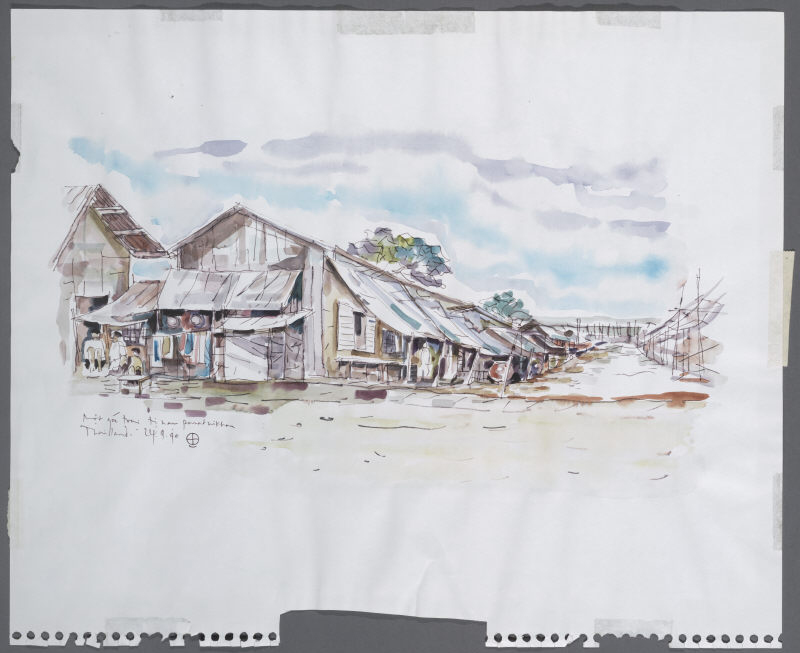Documenting War is a temporary research center for cross-disciplinary, intensive study of how war is represented. Funded by a grant from the Andrew W. Mellon Foundation, this year-long Sawyer Seminar explores the genres, rhetoric, and real effects of wartime documentation and postwar reflection, as carried out by journalists, soldiers, civilians, and artists in verbal, visual, and mixed media forms. The seminar was led by project codirectors Carol Burke, Professor of English, and Cécile Whiting, Professor of Art History and Visual Studies.
The Mellon Foundation established Sawyer Seminar grants in 1994 to provide support for comparative research on the historical and cultural sources of contemporary developments. The grant supported a series of open lectures and workshops during the academic year, a postdoctoral fellowship, and two graduate student predoctoral fellowships.

Reframing Discourse on War
Professional photographers, filmmakers, videographers, and journalists document the wars we fight and the conflicts we avoid. Often they send their dispatches from “the front” in the heat of battle. They record both the losses that come with any war and the atrocities suffered by those unwitting civilians caught in harm’s way. Distilling for those at home the complications and chaos of war, they develop narratives of heroism and sacrifice, efficiency and excess, domination and liberation. At times their assessments of war come from leaders, both military and civilian, whose task it is to manage conflict, if not to win it. They produce the iconic images and accounts of injustice that compel a nation to enter war in the first place and the ensuing bloodshed and ruin that sears a war into our memory.
Such professionals are not the only witnesses to report from the battle front. Ordinary individuals heading off to fight and civilians to whom war comes uninvited also produce written accounts of the slice of the war they witness in the form of diaries, journals, poems, blog posts, tweets, and Instagram as well as in images sketched on scraps of paper, sewn into traditional handicrafts, recorded on personal cameras, and videotaped on cell phones, edited, set to the tune of Heavy Metal, and posted on YouTube as what soldiers call their “trophy videos.”

Our title, Documenting War, encompasses the verbal accounts of direct and indirect participants in war, the visual representation of conflict and its aftermath, the archival efforts to preserve the documents that scholars consult as they construct their histories of war, and the commemorative memorials and museum exhibitions evoking conflicts past. The seminar examines the ways in which documentary texts and images incite soldiers, on duty or retired, and civilians, families or activists to form communities of consent and dissent, of testimony and witness, and of sacrifice and survival. It reframes the discussion of the documents of war by focusing on the exchange between military personnel, journalists, and academic scholars in the Humanities; and second by analyzing the ways in which documents produced in the heat of the battle and those produced in hindsight both complement and contradict each other in the formation of lasting collective memories of armed conflict.